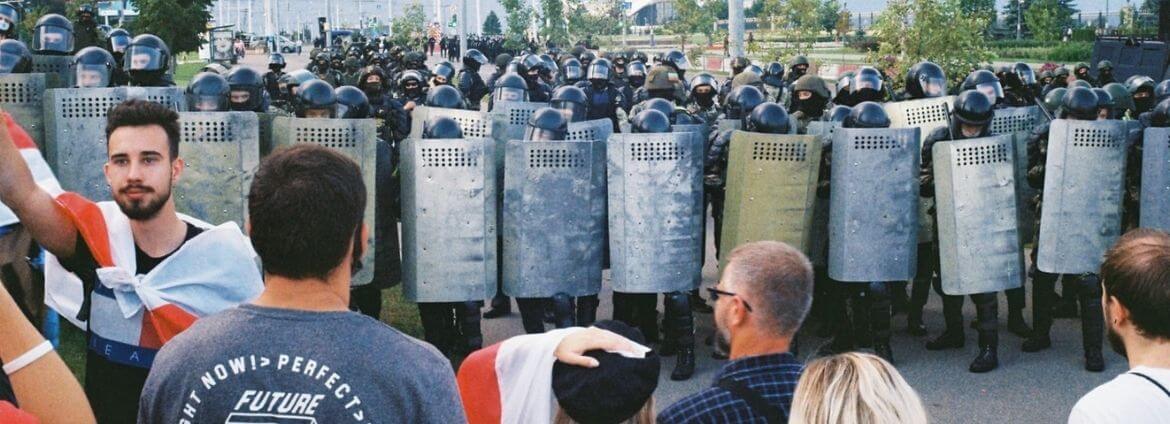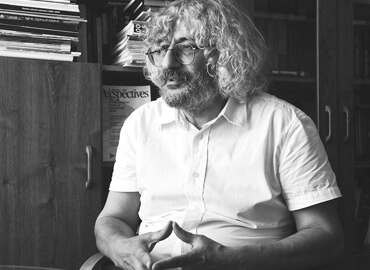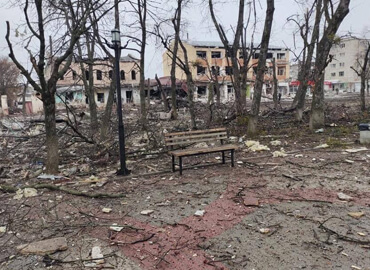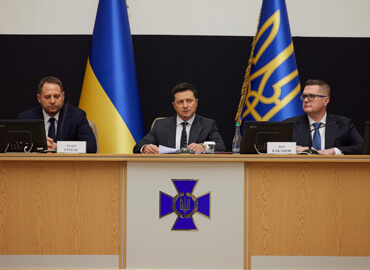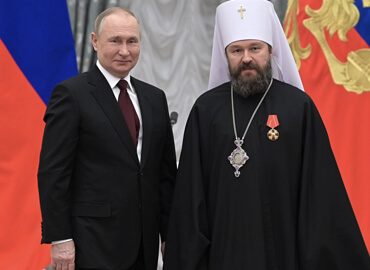People around the world take to the streets to protest, to resist repression and defend their right to make decisions and bring about change. Many governments are tempted to impose new restrictions and suppress protests with violence.
On August 9, 2020, after the rigged elections, mass protests took place in Belarus. In every city across the country, people came out to defend their right to choose, however faced unprecedented violence, the use of military weapons, mass detentions, and torture of protesters. Bystanders, journalists, and even doctors become victims of cruel treatment.
The Belarusian authorities said that the protesters crossed «red lines» when explaining their use of violence.
No criminal proceedings have been put into motion so far against the security forces who tortured the protesters in Belarus. It is obvious that the authorities are trying to impede the fulfillment of human rights in Belarus, including the right to protest.
The right to protest
The right to freedom of peaceful assembly and association is inseparable from freedom of thought and expression, which is the foundation of any democratic system.
This right guarantees the participation of citizens in governing the state, which includes the peaceful expression of disagreement with decisions made or the inaction of public authorities.
The right to freedom of assembly plays a vital role in society as a fundamental human right.
The right to freedom of peaceful assembly is guaranteed through international instruments and is enshrined in the constitutions of most countries. This includes Belarus.
Article 35 of the Constitution of the Republic of Belarus guarantees freedom of assembly, rallies, street protests, demonstrations, and picketing that do not violate law and order and the rights of other citizens of the Republic of Belarus.
The presumption of holding assemblies
According to international standards, the notification of a rally is not a request to authorize it, but only informing of the intention to hold a rally. The exercise of fundamental freedoms should not be subject to permission by the authorities. Therefore, the right to freedom of assembly must be interpreted as a norm and its restriction by public authorities as an exception. In Belarus, de jure, instead of a notification procedure for holding meetings, a procedure for obtaining permission has been established.
According to the law «On Mass Events in the Republic of Belarus,» the head of the local executive and administrative body or their deputy are required to consider an application for holding an assembly no later than five days before the date of the holding of a mass event and inform the organizer (organizers) of the decision in writing.
The decision may permit or prohibit the holding of a mass event and list the reasons why if it was not allowed to go forward.
The decision to prohibit the holding of a mass event can be appealed in court.
According to international standards, decisions to ban a mass event must be made as early as possible so that a decision could be appealed before the date of the meeting. Excessively short deadlines should not interfere with a decision to appeal. If the period for appeal and consideration of the case in court should be only 5 days, this casts doubt on the effectiveness of legal protection, even theoretically.
Bureaucratic tricks
The conditions for applying for a peaceful assembly are very strict and include more than 10 mandatory items (organizer details, measures to ensure public order, medical care, and cleaning the area after the meeting, among others). Failure to comply with the procedure or deadlines for filing or processing an application may lead to a refusal to accept an application for holding an assembly. The authorities may also refuse on other many grounds, including the date of the event, location or weather conditions.
The rationale for «other circumstances affecting the provision of public safety» is abstract and unclear.
The excessively broad powers of public authorities, an unclear list of grounds for refusing to hold assemblies and undue bureaucratic regulation violate the basic principles for the implementation of the right to freedom of peaceful assembly.
Recent changes in legislation come down to the fact that the organizers of a mass event are forced to pay for cleaning the location of the meeting, for ensuring order, and for medical services. In this case, the organizers are required to conclude contracts with utility services, police, and emergency services before submitting an application for the event. Such changes create unreasonable obstacles to the exercising of the right to peaceful assembly and force citizens to pay for rights guaranteed by the Constitution.
Absurd sentences
By 2020, there was no trace of the right to freedom of assembly and freedom of expression in Belarus, and detentions and sentences grew more alarming. According to the Human Rights Center Viasna, as of July 28, 2021, 589 political prisoners were in prison, and their number continues to grow rapidly. Almost a year after the mass peaceful rallies resulting from the rigged elections on August 9, 2020, the detention of their participants continues. Arbitrary detentions have been occurring for the use of white-red-white symbols, including in private apartments and houses. More than 36,000 people have been arrested. For example, a 75-year-old resident of Zhodino was fined just for holding a white-red-white candy in her hands.
On July 28, a Minsk court found four residents of Minsk guilty of «violating the order of organizing and holding mass events» for putting blank white sheets of paper on their windows.
Sanctioning violence by the authorities
The human rights community is also concerned about the changes in the legislation, which not only increase the punishment for participation in peaceful assemblies, but also sanction violence against citizens. weapons and special equipment. According to the Belarusian law «On Amendments to the Laws on Ensuring the National Security of the Republic of Belarus,» which regulates the conditions for the use of physical force, weapons and special equipment, the internal affairs authorities (police) are granted the right to use military and special equipment in the suppression of protests. In addition, the law provides that law enforcement officials are not liable for harm caused by their enforcement, if such enforcement was conducted in accordance with the requirements of legislative acts regulating the activities of these bodies.
Right to Ban on peaceful assembly
Thousands of peaceful protesters have been victims of torture and other cruel, inhuman, and degrading treatment. Legal analysis confirms that torture was widespread and systemic to suppress peaceful protests. In Belarus, the motive for retaining power for the country’s leadership has become more important than the Constitution and international obligations. The stagnancy of power for 27 years has led to a disregard for the rights of citizens. The right to protest has in fact become the right to ask permission to protest, which the authorities can and allow, but at an additional cost. And now any protester in Belarus can become a political prisoner. At the same time, it was this awareness of the lack of citizens’ rights that led to mass protests in Belarus. Allowing the authorities to impose restrictions and use violence against peaceful protesters is not in line with international standards and is also contrary to the fundamental right to freedom of peaceful assembly.
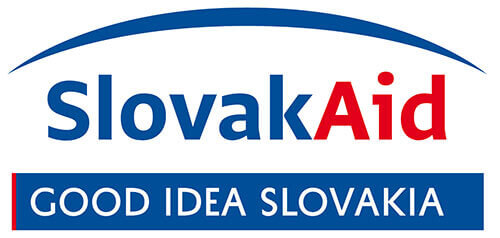
Материал доступен на русском языке: Право на протест и протест против бесправия в Беларуси



